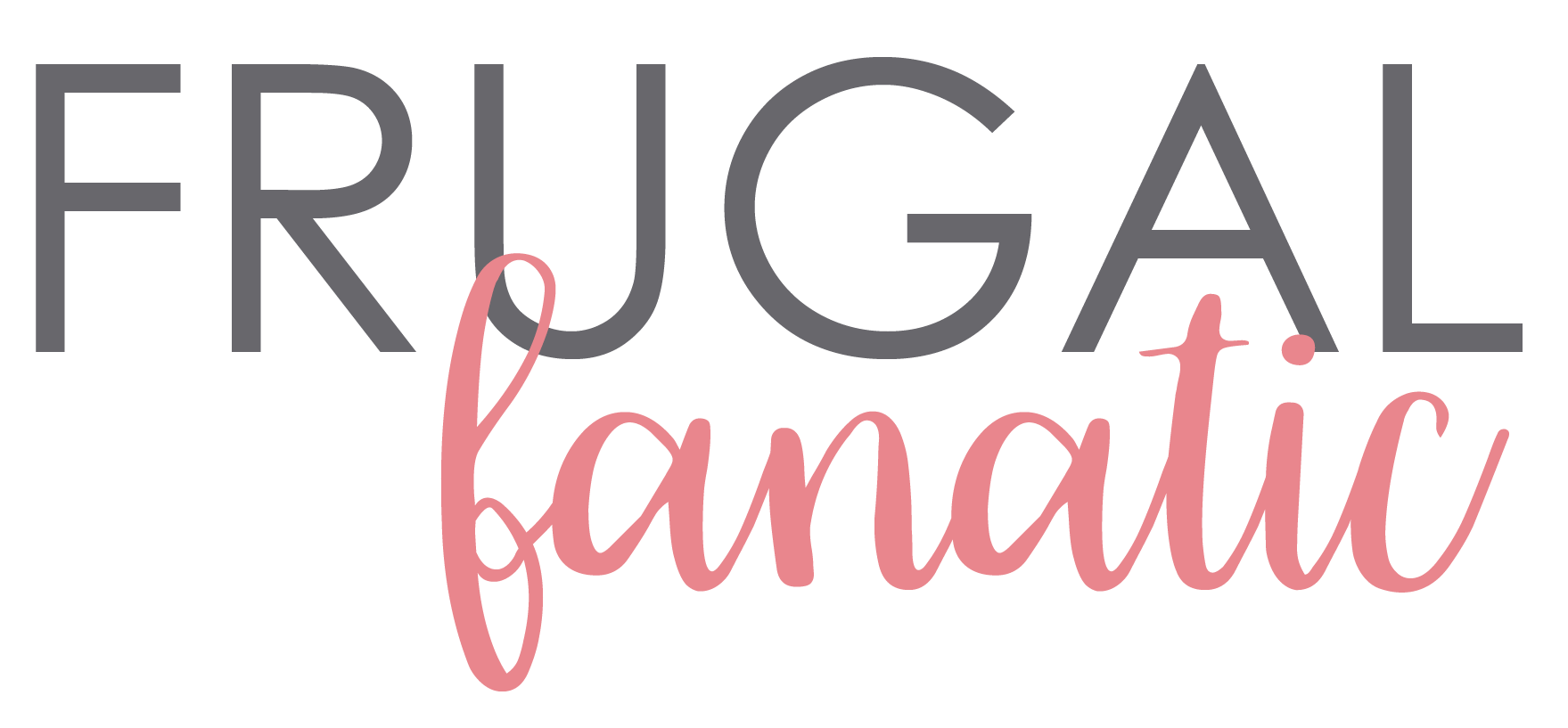Saving for Hobbies: Open a Personal Savings Account to Meet Savings Goals

Tips for Responsible Saving & Spending for Hobbies
Managing a budget on your own can be tricky. While there are things you want to avoid spending money on in your twenties, like luxury items and dining out each week, you don’t want to give up the things you love. Saving for your hobbies and pacing out your major purchases helps you get what you want without breaking the bank. Whether you’re accumulating your own camping gear, upgrading sports equipment, buying fresh art supplies, or saving for sports or music tickets, there are steps you can take to get what you want responsibly. Check out these tips to meet savings goals for your hobbies, reduce credit card debt and still cover the essentials. Outline your current needsLove camping, but can’t rely on your parent’s equipment anymore? Taking an art class or need new canvas and paints to express your artistic passion? Want to start biking to work but need to purchase a new bike or repair an old one? Or, looking to revamp your parent’s record player and score some new vinyl? Whether you’re an athlete, an artist or a hi-fi aficionado, hobbies cost money. And before you can begin saving, it’s important to outline what you need to keep your hobby going. Then, you can to decide if it’s something you have to buy right now, how much it will cost, and where you can save.
- What level investment are you ready to make? If you’re just getting into a hobby, it may not make sense to go out and buy all the high-end equipment available. Instead of a $7,000 bike, give your current one a tune-up. Consider buying just what you need for entry level art or photography classes until you have a better sense of the basics. And ask around; don’t just rely on the salesman to tell you what’s best. Talk to friends and do research online to find out what you need and what it should cost.
- What’s worth the expense? A new tent could last you over 20 years if it’s made right. This is the kind of thing you want to invest in, as it will bring you greater returns. Likewise t could be worth it to spend money on a high-quality sound system and new needle for the record player to improve your listening experience. When it comes to sports equipment like golf clubs, tennis rackets and so on, consider your abilities and funds to determine if you need a membership at a nicer club, better equipment or both. You may not always have to choose, but some small concessions can help you save.
- Where can you save? As important as it is to get quality supplies, look for places to save a little on your hobby. Consider renting equipment for camping, skiing or other seasonal activities until you’ve saved for what you want. Buy a cheaper sketch pad or take a class where supplies are included. Shop garage sales and thrift stores to boost your vinyl collection. Set a limit on the number of live concerts and sporting events you’ll see each year. All these tips can help you save on your hobbies without sacrificing any of the fun!
Open a personal savings accountOnce you know the level of investment needed for your hobby, work the expense into your monthly budget and open a personal savings account to meet your savings goals. Savings account rates, especially those on money market accounts and certificates of deposit, can help you earn the money you need faster than leaving it in your non-interest-bearing checking account. Consider using automatic transfers or direct deposits to your new savings account to stay on track to your goal. Even a small contribution each month will help you meet your savings goal. If you are trying to have enough saved by the time tickets go on sale or to take advantage of a store’s annual sale, having a deadline will help motivate you and give you an exact amount to save each month. Some banks even have tools and calculators to help you plan and track your savings goals. Avoid impulse buysIf you’re starting a new hobby or just acquiring your own supplies, it can be tempting to buy everything you think you need at once (especially when you’re in your favorite record, craft or outdoor store). Consider setting limits for yourself, like one to two big ticket items per year, and save throughout the year. When you go in to buy your planned item and see something else you want, write it down and start saving toward it as your next purchase. Start saving for hobbies todaySaving for hobbies helps you be more calculated about your purchases. You can weigh the different brands and offers over time and make an educated decision. If you know a bike repair or upgrade will cost around $300, save until you’re ready to pay for it completely to avoid credit card debt. You’ll find it pays to be responsible with your entertainment spending as you are able to lower your credit card bill and still enjoy what you love with a little help from a personal savings account. Tax returns are another great way to pay for your hobbies. Simply deposit your check into a savings account to accumulate interest with a higher rate, and then use it for your planned purchases that year. Sponsored content was created and provided by RBS Citizens Financial Group.
